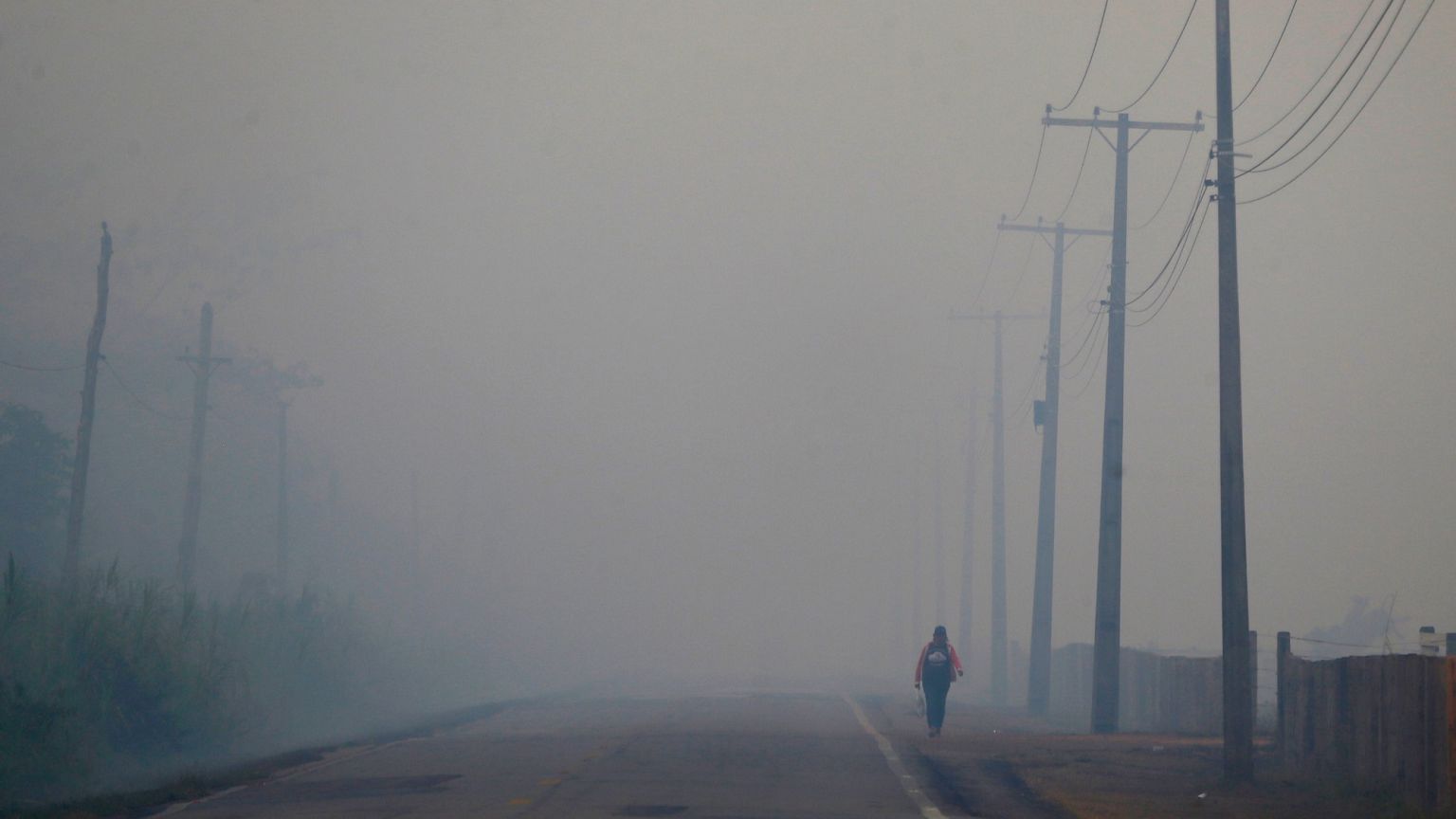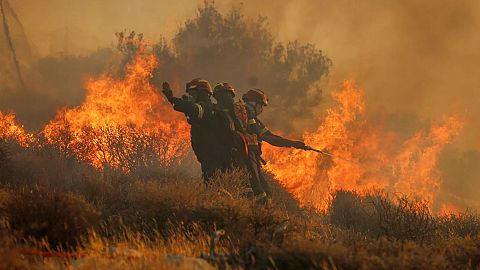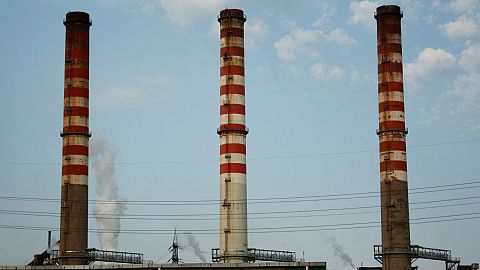Critics have called it "by far the worst piece of legislation” ever from an environmental standpoint.
A bill to overhaul environmental regulations in Brazil was passed by the country's lower house Thursday, drawing criticism from the environmental minister who floated the possibility of a presidential veto.
With the bill already passed by the Senate in May, it now goes to President Luiz Inacio Lula da Silva, who casts himself as an environmental defender and later this year will preside over the first UN climate talks, known as COP30, to take place in the Amazon.
Lula can sanction the project, veto it in its entirety or veto only certain aspects. But he has not publicly commented on what action he might take.
If signed by Lula, the sweeping legislation will weaken federal agencies’ environmental licensing powers. Among other measures, it speeds up review for projects deemed priorities by the federal government, reducing the approval process from three bureaucratic steps to one.
It also eliminates reviews for upgrades to existing highways, which could clear the way to pave the whole of a highway that runs about 900 kilometres through the western part of the Amazon. Environmentalists argue that the project will lead to the mass clearing of a pristine area of rainforest.
The bill’s approval is a victory for supporters who argued Brazil’s current regulations need to be simplified, but a blow for environmental experts and green activists, who refer to it as the “devastation bill.” The bill passed with a strong majority, 267 votes to 116.
'The worst piece of legislation'
After the bill passed, Environment Minister Marina Silva told local press that the bill undermined environmental legislation and that the federal government would still seek alternatives, including the possibility of a presidential veto.
A campaign in the lead up to the vote said the bill could lead to a regression in pollution control risking health issues, increase water contamination and scarcity, increase deforestation and undermine protected areas.
At the heart of concerns is the proposal to install a self-declaration process for environmental licensing, which Suely Araújo, the public policy coordinator at the Climate Observatory network of NGOs, said would cover around 90 per cent of total projects in Brazil.
Companies would “file a description online, press a button, and the license will be issued,” she said, calling the proposal “by far the worst piece of legislation” ever from an environmental standpoint.
Last week, more than 300 nonprofits, including Greenpeace and WWF Brazil, signed a petition expressing their “deep concern” regarding the bill, which they say “represents a huge institutional setback for Brazil and the collapse of over 40 years of development of national environmental legislation.”
















